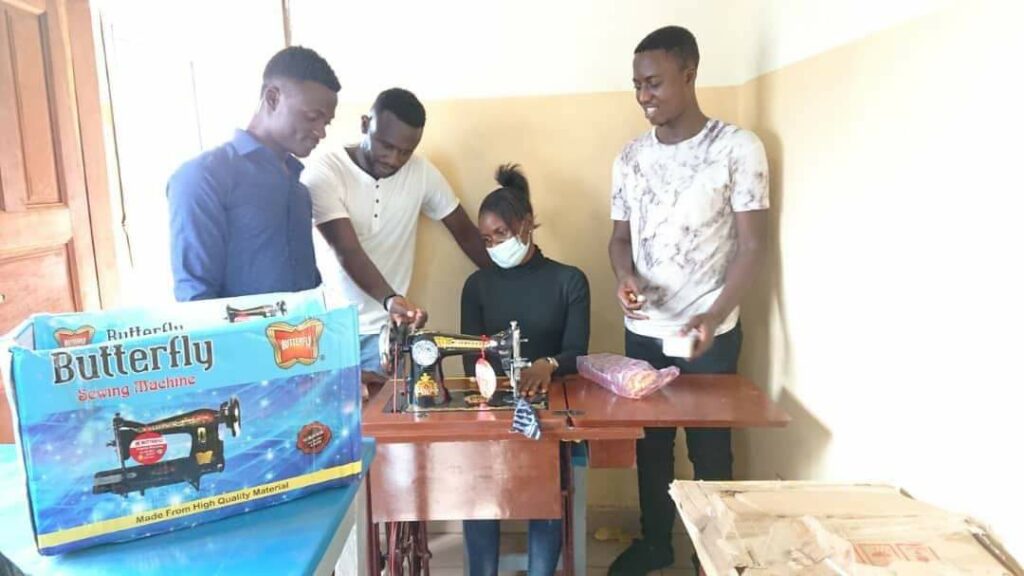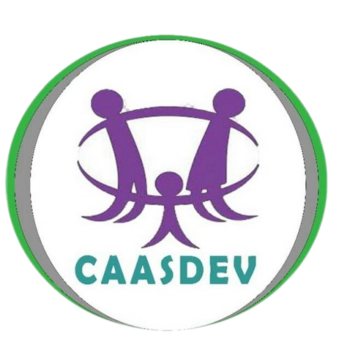This programs seeks to enhance and support young people’s participation in promoting Peace and fight against violent extremism. Almost four years since the historic adoption of the United Nations (UN) Security Council Resolution (SCR) 2250, most signatory Member States are still lagging in supporting youth-led initiatives and generating conducive environments for youth inclusion at the local level.
Successfully building and sustaining peace and achieving the peace, justice and inclusion goals set forth by the 2030 Agenda for Sustainable Development require a drastic transformation of attitudes and support for young people, as demonstrated by The Missing Peace: Independent Progress Study on Youth, Peace and Security.
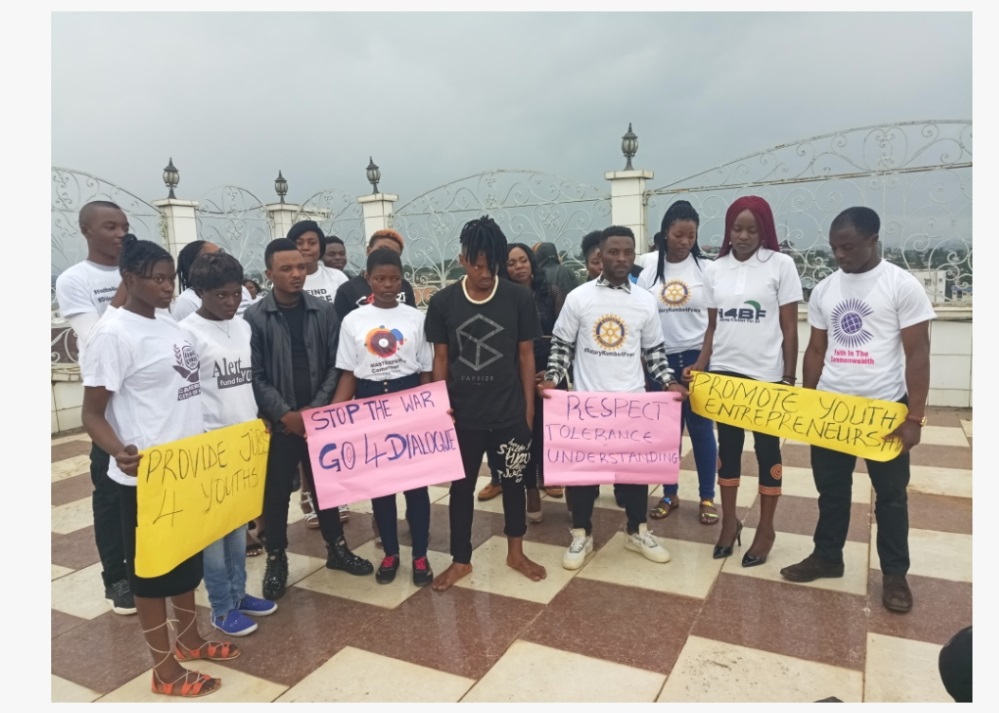
Our Climate Action Program is a comprehensive initiative aimed at addressing the pressing challenges of climate change, promoting sustainable solutions and rebuilding crisis torn communities greener. With a focus on renewable energy, environmental conservation, and community engagement, our program strives to mitigate the impacts of climate change and build sustainable communities. We work towards:
Renewable Energy Transition: Implementing renewable energy projects, such as solar and wind power, to reduce dependency on fossil fuels, lower carbon emissions, and promote clean energy alternatives.
Community Empowerment: Engaging and empowering local communities to actively participate in climate action efforts, fostering environmental awareness, and encouraging sustainable practices at the individual and collective levels.
Climate Resilience: Enhancing the resilience of vulnerable communities to climate change impacts through adaptation strategies, disaster risk reduction, and capacity-building initiatives.
Advocacy and Policy Influence: Advocating for strong climate policies, supporting international agreements, and collaborating with stakeholders to drive systemic change and create an enabling environment for climate action.
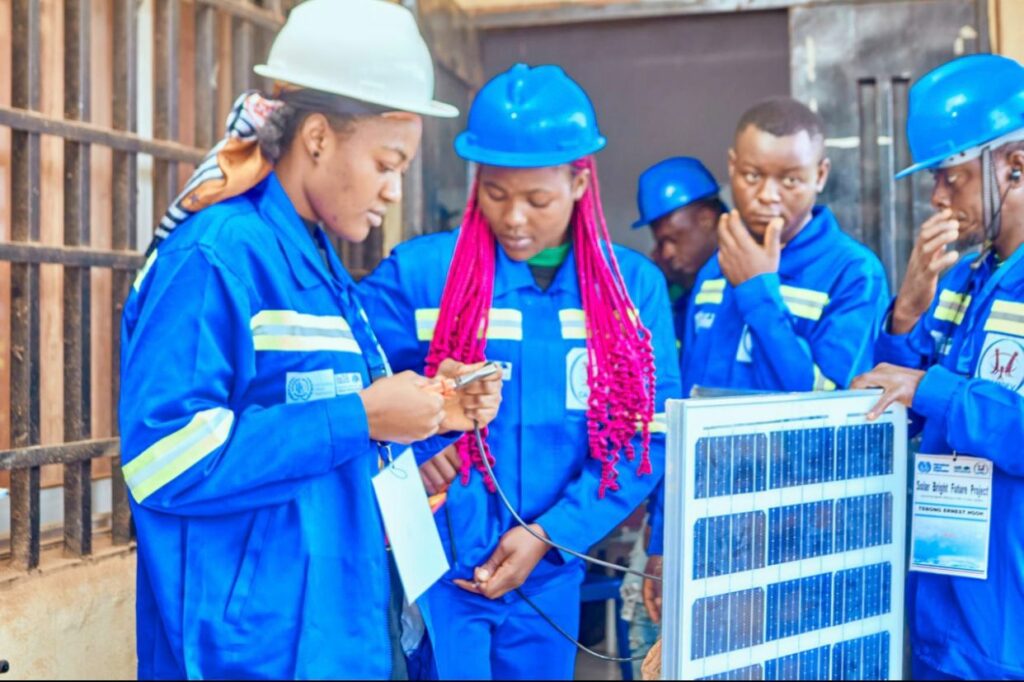
This program seeks to provide impartial support and guidance with the aim of understanding the challenges young people face and work together with them and experts to identify ways to overcome them. In this program, our strategies are designed to help youths with: Improving communication skills, improving self-confidence, Managing relationships, managing emotions, developing life skills, setting and achieving goals, Physical health and nutrition, developing self-awareness, talking about difficult issues, Reshaping limiting beliefs and planning for the future.
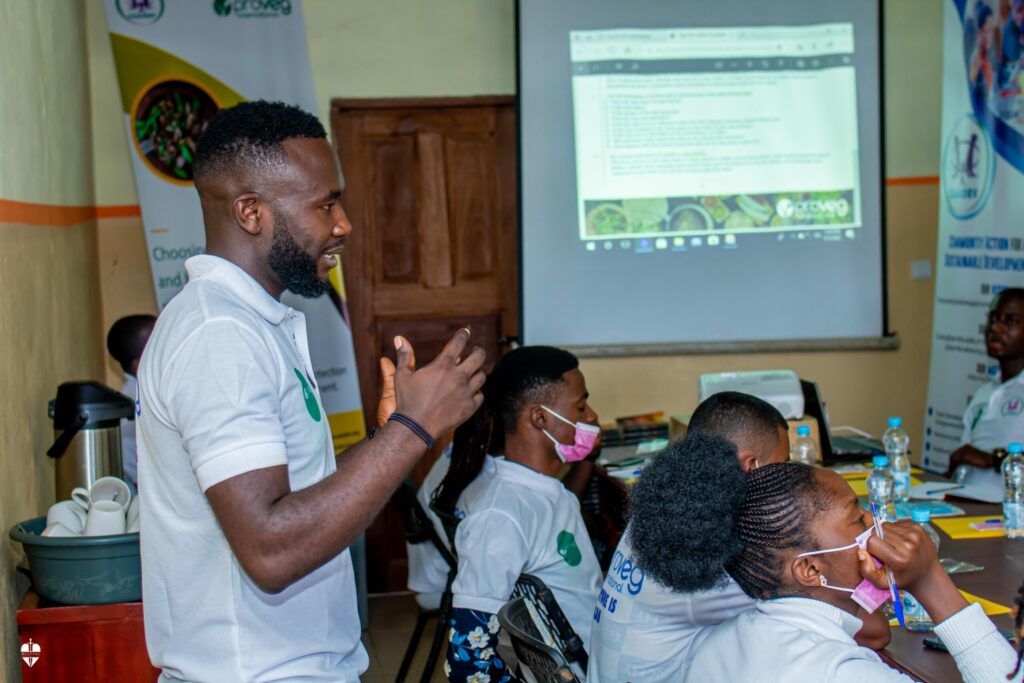
Violence against women and girls is one of the most prevalent human rights violations in the world. It knows no social, economic or national boundaries. Worldwide, an estimated one in three women will experience physical or sexual abuse in her lifetime.
According to UNFPA, GBV undermines the health, dignity, security and autonomy of its victims, yet it remains shrouded in a culture of silence. Victims of violence can suffer sexual and reproductive health consequences, including forced and unwanted pregnancies, unsafe abortions, traumatic fistula, sexually transmitted infections including HIV, and even death. CAASDEV seeks to liaise with like-minded individuals and organizations both nationally and internationally to educate, create awareness and engage women and young girls to carry out massive campaigns against all forms GBV, Create psychosocial support programs and centers in remote communities to support victims and train and support victims to develop alternative livelihoods
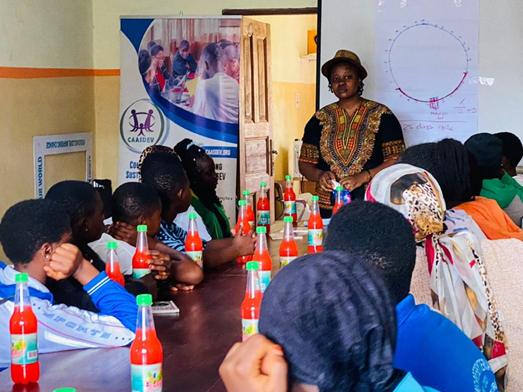
The goal of the problem is to reduce unemployment among youths in Cameroon and promote entrepreneurship by bringing employment opportunities to the door-steps of unemployed vulnerable and underprivileged youth especially young women and adolescent girls, persons living with disabilities, school drop outs, ex-combatants, single teenage mothers. Through this program, youths are trained and supported to be self-productive and self-employed.
The objectives of the program are tailored towards;
Creating vocational training centers with equipment to facilitate hands-on training and capacity to target beneficiaries
Providing support in form of equipment and start up financial capital to support trainees begin their individual start-ups after graduation
Create a market structure to provide a sustainable market to the products produced at the training center and from graduates to ensure a constant market and income to support the training center
Liaise with local, government and international and national institutions to harness funds to support the program and ensure expansion.
